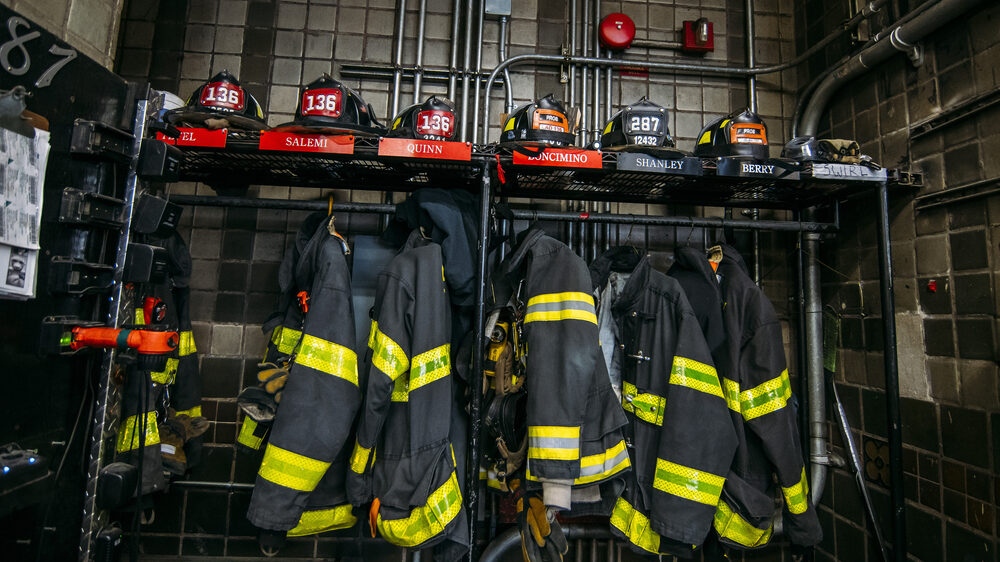Avon fire crews resist plans to work as paramedics
- March 31, 2022
- 2:22 pm


Iain Hoey
Share this content
The Fire Brigades Union (FBU) is opposing plans for firefighters to respond to medical emergencies following their work providing life-saving treatment during the pandemic. Avon Fire Authority (AFA) will be asked to approve a plan including potentially expanding its crews’ medical roles.
The Fire Brigade Union (FBU) said members had not been consulted on the “half-baked scheme”. The three-year service plan was proposed on March 30, IFSEC Global reported.
AFRS plans to grow its current partnership with South Western Ambulance Service (SWAST) where fire crews can reach someone suffering a suspected cardiac arrest before paramedics and administer potentially life-saving treatment.
But FBU Secretary, Amanda Mills, said firefighters would need proper training, provision of equipment, risk assessment procedures and sufficient government funding in place to ensure “costs of the additional work is not a burden on fire and rescue services which will detract from the ability to provide core services”.
She argued the increased responsibility raised the “other important issue of payment”, according to the Local Democracy Reporting Service.
According to Amanda, a major problem identified in previous trials was that some ambulance services “gamed the system” by redirecting paramedics to other calls knowing fire crews were on hand for cardiac arrests and that this was to the detriment of patients and the fire services.
She said: “Half-baked schemes that purposely don’t involve the FBU will inevitably result in worse patient care, not better.”
In response to these concerns, AFRS said staff would receive sufficient training to be able to use specialist equipment such as defibrillators.
“We are committed to implementing new ways of working to assist with medical emergencies to support our ambulance colleagues to keep the public as safe as possible, and to save and preserve endangered life in the widest sense.”



